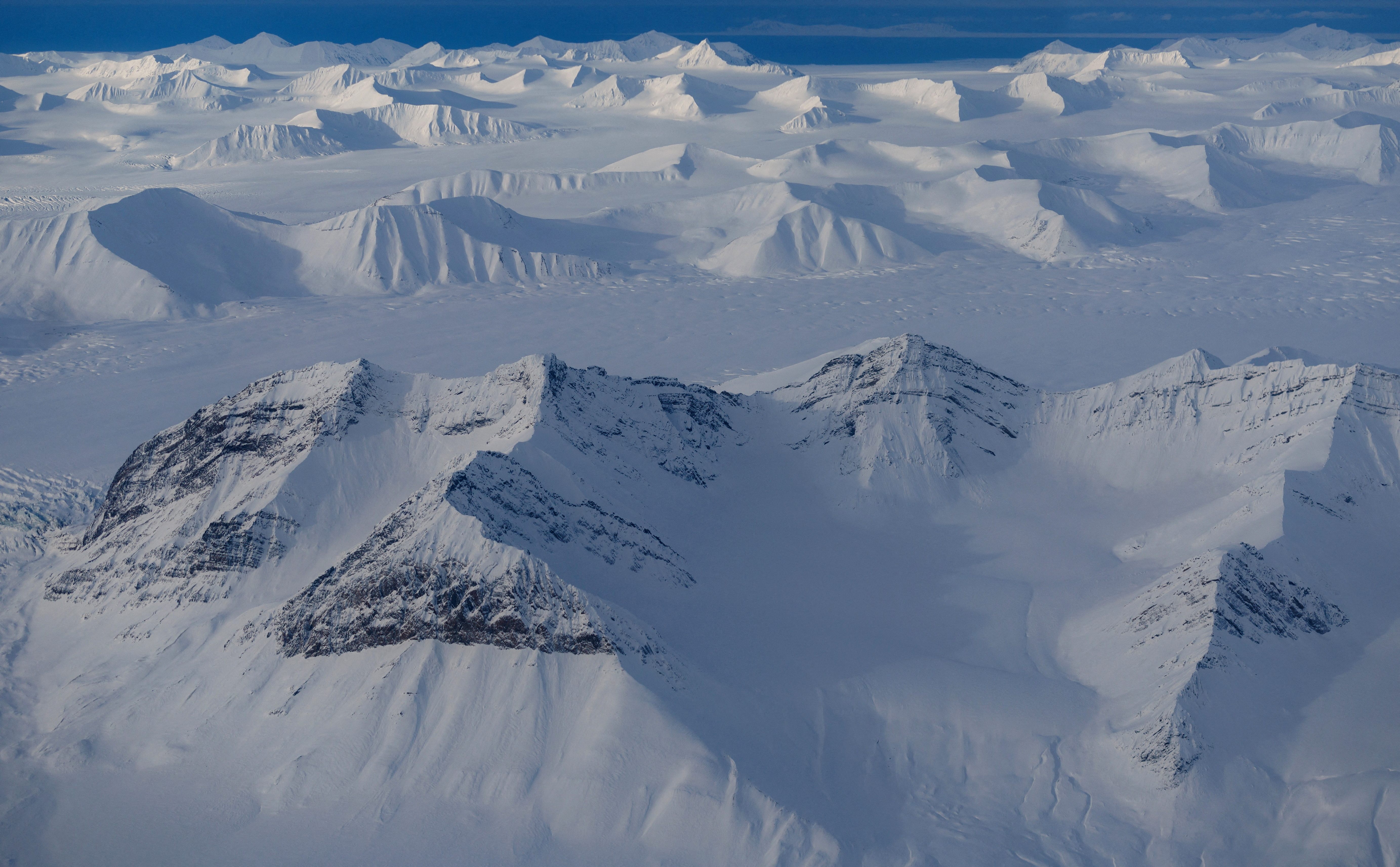Norway takes over Arctic Council leadership from Russia
[1/5]A general view of snowcapped mountains of the arctic landscape near Longyearbyen, Svalbard, Norway, April 5, 2023. REUTERS/Lisi Niesner/File Photo Purchase Licensing Rights
OSLO, May 11 (Reuters) - Norway took over the chairmanship of the Arctic Council from Russia on Thursday, at a time when cooperation between the Western Arctic states and Moscow on the regional polar body is frozen due to the invasion of Ukraine.
Norway also offered to organise a meeting of the Arctic Council - its 14th - in 2025, a notable move as all members participate in meetings, meaning Russia would also be invited.
Still, this did not mean Russia was being brought back into the fold, experts said.
"It's an opening," said Svein Vigeland Rottem, a senior researcher in Arctic governance and security at the Fridtjof Nansen Institute in Oslo. "It's clear we should continue cooperating (with Russia), but when and how is not clear."
The Arctic Council was created in 1996 to discuss issues affecting the polar region, ranging from pollution to local economic development to search-and-rescue missions.
It comprises the eight Arctic states of Russia, the United States, Canada, Finland, Norway, Iceland, Sweden and Denmark.
At the time of Russia's invasion of Ukraine in February last year, Russia was halfway through its two-year chairmanship of the council, which rotates between members.
This led the other seven Arctic nations to pause cooperation with Moscow, putting about a third of the Council's 130 projects on hold because they had direct Russian involvement. Russia called the action "regrettable".
In a separate statement, Norway said that contacts with Russia would remain for now at the level of senior civil servants, not at the top, political level.
"Political contact with Russia is not possible, but we will continue to be predictable in our dealings with Russia in the Arctic Council," Norwegian Foreign Minister Anniken Huitfeldt said in the statement.
Ahead of Thursday's event, Norwegian Deputy Foreign Minister Eivind Vad Petersson said it was in the interest of all Arctic states to maintain the council.
"We need to safeguard the Arctic Council as the most important international forum for Arctic cooperation and make sure it survives," he told Reuters.
Sign up here.
Reporting by Gwladys Fouche in Oslo, editing by Terje Solsvik
Our Standards: The Thomson Reuters Trust Principles.

